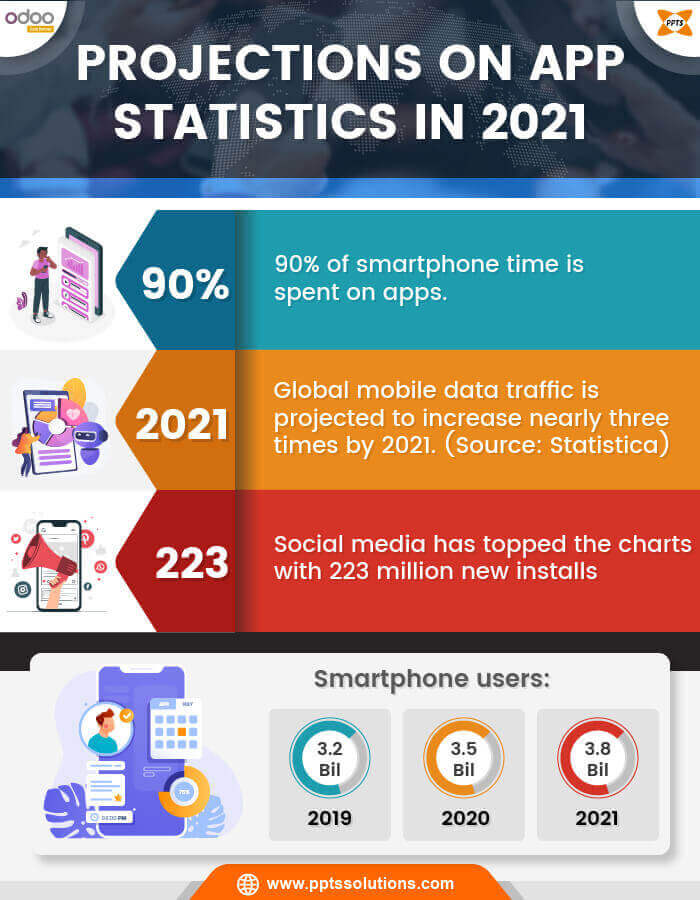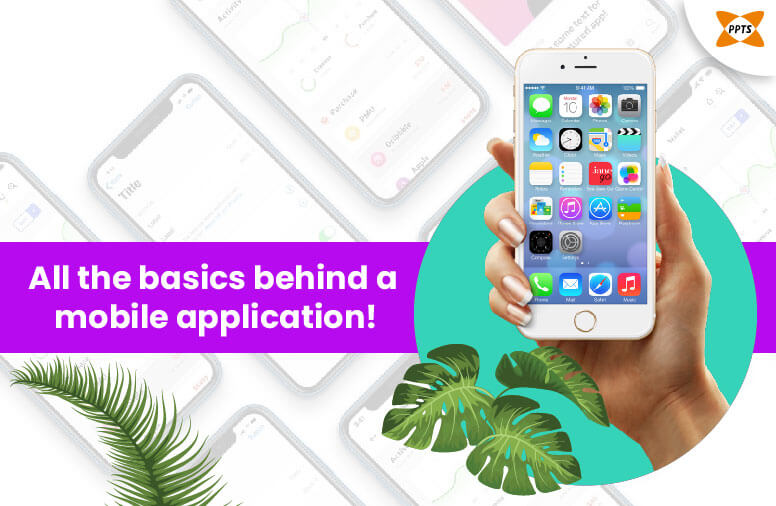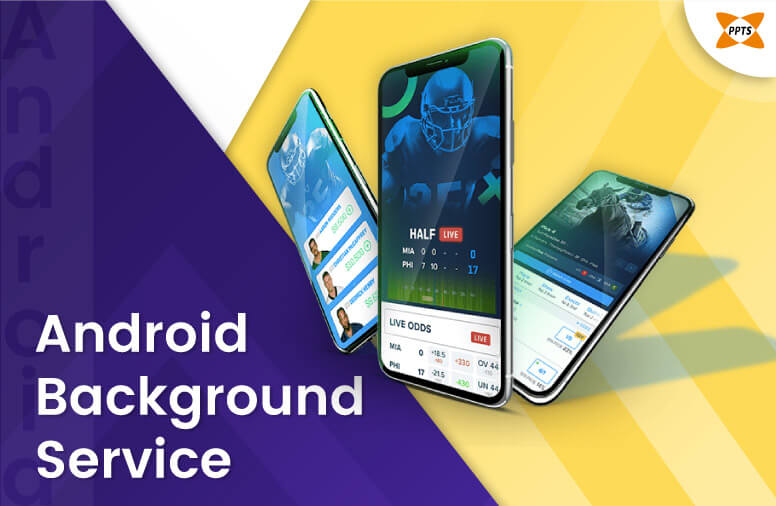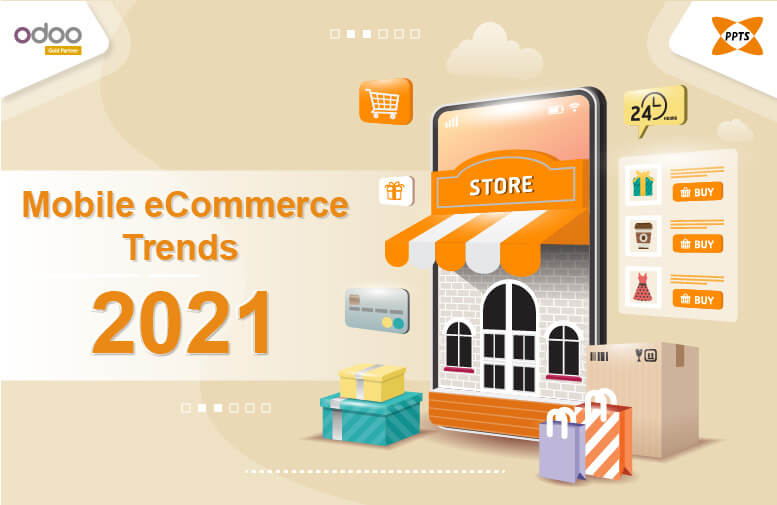Mobile applications, which are commonly referred to as apps, are ideally software developed for use on all wireless mobile devices such as smartphones and the tablets. Apps are primarily designed with the limitations and features of mobile devices kept in mind. For example, a game could eventually make use of a smartphone’s accelerometer, or an advanced drawing pad app could be used instead of the tablet’s stylus. As compared to an overall integrated software system on the regular computer, each mobile app is typically offered with a specific functionality.
Gaming apps are nowadays the most popular category among most Apple users, accounting to about 25 percent of active applications. Tools, communication, the usage of video players and travel are the leading categories in the Android app worldwide.
While some devices already come with apps that are pre-installed, users can select apps through the Google Play store which comes for Android, and the Apple App Store which is for iOS and lastly, the Amazon Appstore as well. Google Play generates almost the largest amount of worldwide app downloads.
Statistics say that app users downloaded nearly 21.3 billion apps from the Google Play alone up until 2020. However, there is no doubt that the Apple app store stays to dominate the market in terms of consumer spending, taking about 64 percent overall share of the whole worldwide consumer spending compiled on both the app stores. By 2023, mobile apps are said to be highly projected to generate over 9935 billion U.S. dollars that will come through paid downloads and in the modes of in-app advertising alone!

With the global numbers soaring and the overall usage of mobile phone users growing steadily, the number of apps that are being downloaded is also being projected to increase. As of 2020, over 2 million apps were available for downloads on the Android’s Google Play store, while 1.83 million apps were made available on the Apple App Store. Retention rates, however, have seen different and have not corresponded towards the upward trend. The overall global app retention rate that was calculated after 10 sessions stood steadily at 32 percent in 2020, which is a decrease from 38 percent from the previous year. In sum total, a quarter of all the mobile apps were only used once and not more after downloading.
There are different types of mobile applications which include native applications, hybrid applications and web-based applications. The primary and principal advantage of using the native apps is that they can help towards optimizing the user experience. By being designed and developed in a specific form for that platform, they look and can perform so much better. Hybrid mobile applications are known to be built in a very similar manner as that of websites. Both widely use a combination of several technologies like HTML, CSS, as well as JavaScript. However, instead of fully targeting a mobile browser, hybrid applications tend to target a WebView hosted from within a native container. A Progressive Web App (PWA) is generally a web app that uses all the modern web capabilities that there is to deliver an app-like experience to the intended users without requiring them to make an app installation from the AppStore/PlayStore.
Do you have a mobile app for your business?
-
What are the Industries benefited from Mobile Apps?
There are several areas that have resorted to going mobile and taking up mobile commerce as an alternative that has helped them see profits.
Healthcare
Travel
Entertainment
FMCG
Education
Food Industry & More -
Why does your Business ideally need a Mobile App?
Audience building
Creates brand awareness
Analytics for business strategies
Competitive advantage to businesses
Helping small businesses in the industry
Ease of payment
Sales and Business Growth
Retaining Loyal Customers
Deliverance of Powerful Messages -
What are the technologies PPTS use to build your mobile apps?
The technology behind the native Mobile App Development is:
· Android
· OS
Likewise, the technology behind th hybrid Mobile App is:
· Flutter
· Xamarin
· React Native -
What is Mobile App Development?
Mobile applications, which are commonly referred to as apps, are ideally software developed for use on all wireless mobile devices such as smartphones and the tablets. Apps are primarily designed with the limitations and features of mobile devices kept in mind.
-
Why does your business need a mobile app?
Your business will need a mobile app for the following reasons:
Audience building
Creates brand awareness
Analytics for business strategies
Competitive advantage to businesses
Helping small businesses in the industry
Ease of payment
Sales and Business Growth
Retaining Loyal Customers
Deliverance of Powerful Messages -
How many businesses have apps?
92% of all businesses state that apps have helped boost their sales and thus are a mandatory accessory to any company that aims to see growth in the present times.





